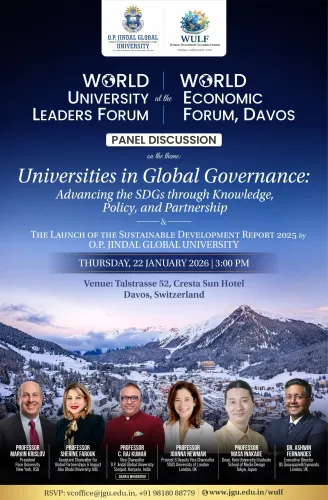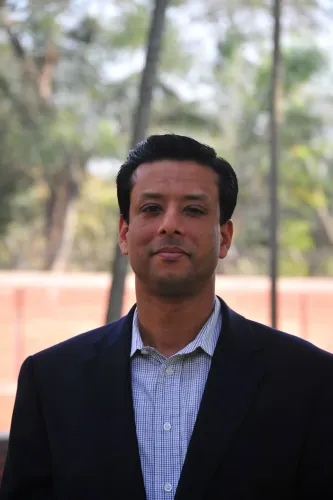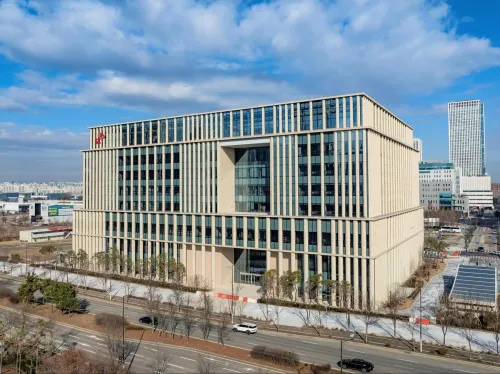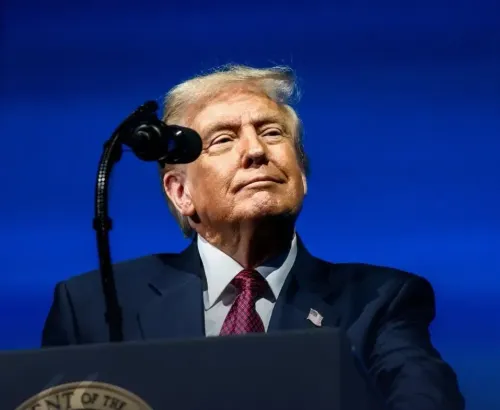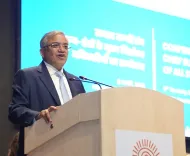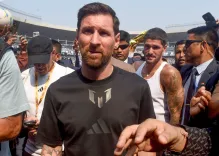Will German, French, and UK Leaders Decide on Their US Trip for Meeting with Zelensky?
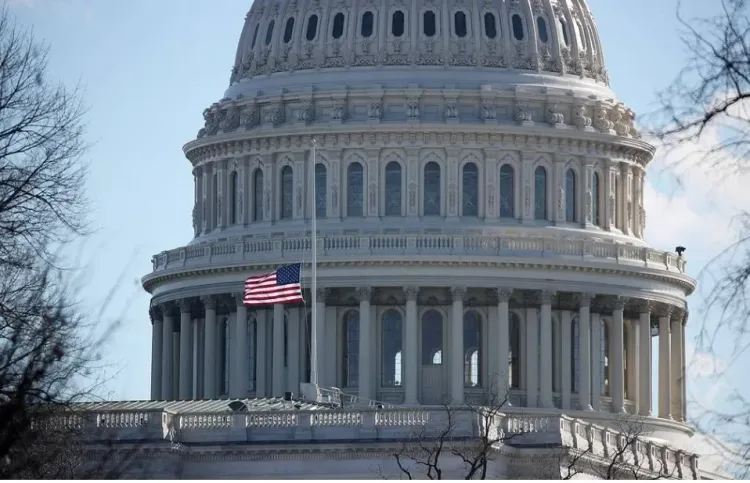
Synopsis
Key Takeaways
- European leaders are considering their attendance at a meeting with Trump and Zelensky.
- The decision relies on receiving an official invitation from the US.
- The focus of the meeting is on peace negotiations regarding Ukraine.
- European leaders are cautious about the meeting's implications.
- The geopolitical landscape could shift based on the meeting's outcomes.
Berlin, Aug 17 (NationPress) - The administrations of German Chancellor Friedrich Merz, French President Emmanuel Macron, and UK Prime Minister Keir Starmer are set to determine on Sunday whether their leaders will travel to the United States for a crucial meeting involving US President Donald Trump and Ukraine's Volodymyr Zelensky, according to media reports.
As reported by Germany's Bild, the governments of Merz, Starmer, and Macron are planning to coordinate their strategies and jointly decide who will specifically travel to the US on August 18 for the meeting with Zelensky, as per the Russian news agency Tass.
However, for this decision to proceed, an official invitation from the US is required, Bild noted.
The report further indicated that President Trump had proposed inviting European leaders to the US, but no formal invitations have been issued thus far.
Bild emphasized that the European leaders aim to avoid a meeting that is merely for show.
A US daily previously reported, referencing the Elysee Palace, that a 'coalition of the willing' will hold a video conference on Sunday.
Starmer, Merz, and Macron have mentioned that members of the coalition will have a conversation soon without specifying a date, and will convene online at 3:00 p.m. local time (1:00 p.m. GMT) on Sunday, according to Tass.
The three leaders will deliberate on the "next steps regarding peace discussions in Ukraine".
Another US newspaper cited sources indicating that after a meeting with Putin, the US leader suggested negotiating a peace agreement wherein Ukraine would concede the remaining parts of the Donbass region to Russia, including areas yet to be reclaimed by Russian forces, in a call with European leaders.
A ceasefire at current battlefronts and security assurances for both Kyiv and Europe would be offered in exchange.
On Friday, Putin and Trump met at the Elmendorf-Richardson military base in Alaska.
Their discussions lasted nearly three hours, including a one-on-one conversation in the American leader's limousine and a subsequent small-group dialogue involving three participants from each side.
The Russian delegation featured Kremlin Aide Yury Ushakov and Foreign Minister Sergey Lavrov, while the American side was represented by Secretary of State Marco Rubio and Special Presidential Envoy Steve Witkoff.
After the talks, President Putin stated that the discussions primarily focused on resolving the conflict in Ukraine.
Trump characterized his summit with Putin as "very productive".
Subsequently, he contacted Zelensky, EU leaders, NATO Secretary General Mark Rutte, and European Commission President Ursula von der Leyen.
Following the summit and the phone calls, Trump expressed that Ukraine and Russia should promptly work towards finalizing a peace agreement, having dropped his demand for a ceasefire.
Trump and Zelensky are scheduled to meet at the White House on Monday.
The US President noted that if discussions with Zelensky prove successful, a subsequent meeting with Putin will be arranged.


